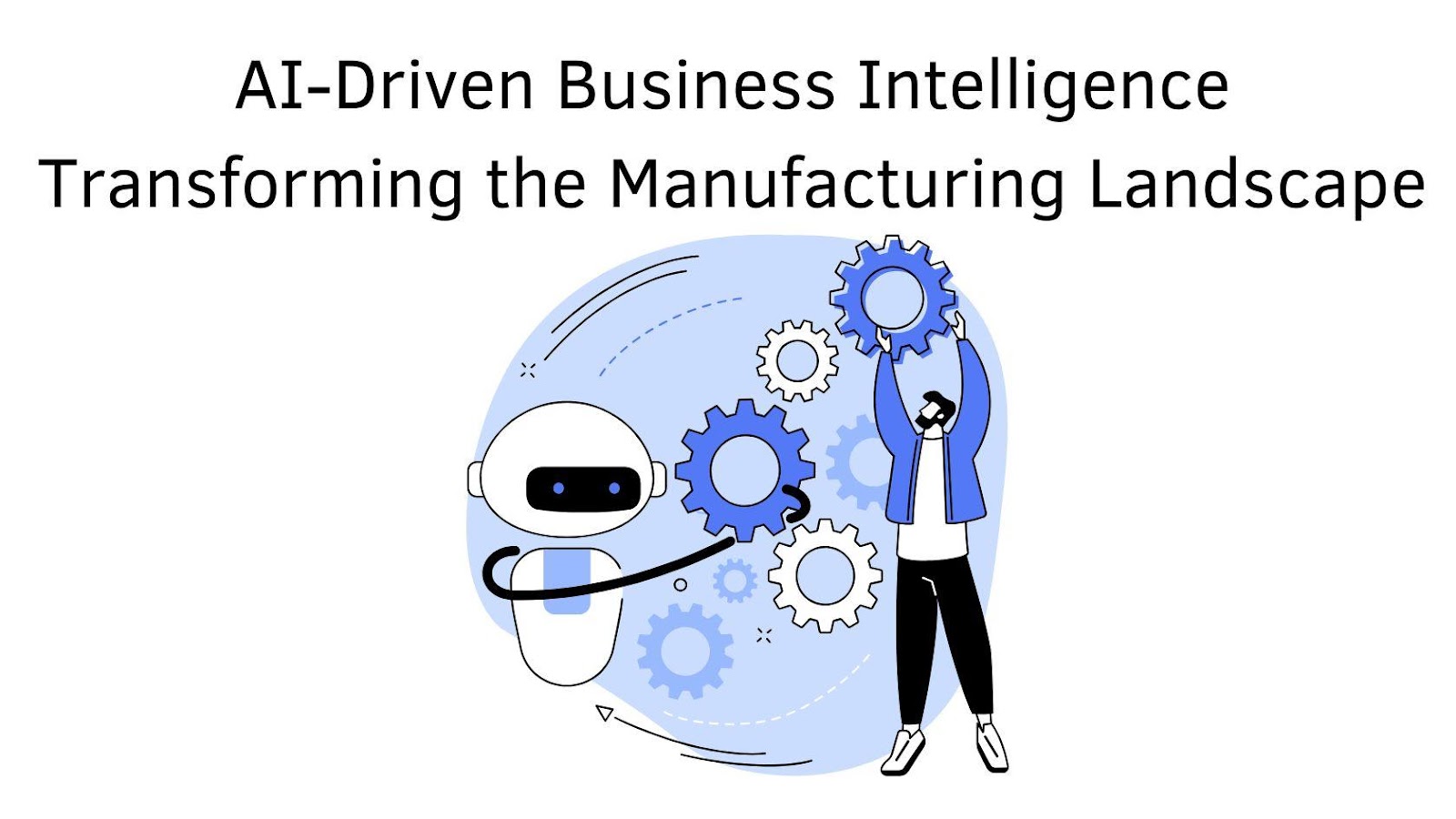In today’s digital transformation era, Artificial Intelligence (AI) and Business Intelligence (BI) are reshaping manufacturing, enhancing efficiency, and reducing costs. The fusion of these technologies has revolutionized predictive maintenance, quality control, and supply chain optimization, redefining modern industrial operations. Indraneel Madabhushini, an expert in AI-driven manufacturing intelligence, explores these advancements, detailing the architectural frameworks and implementation strategies that power Industry 4.0.
Predictive Maintenance: Reducing Downtime, Enhancing Efficiency
AI-powered predictive maintenance systems have significantly improved manufacturing operational efficiency. By leveraging machine learning algorithms, manufacturers can anticipate potential equipment failures before they occur. Advanced sensor networks monitor real-time data, allowing AI models to detect anomalies and forecast failures with over 89% accuracy. This proactive approach reduces unplanned downtime by 42.8% and lowers maintenance costs by 35.6%, ensuring seamless production.
Quality Control: Revolutionizing Defect Detection
Traditional quality control processes depend heavily on human intervention, making them labor-intensive and susceptible to errors. AI-driven quality control systems leverage computer vision and deep learning to enhance defect detection with remarkable precision, achieving a 99.3% accuracy rate. These systems integrate high-speed industrial cameras operating at 1,800 frames per second with GPU-accelerated image processing, enabling real-time analysis. As a result, defect detection time is reduced by 85%, while accuracy improves by 95%, significantly minimizing production errors. This automation enhances efficiency, reduces waste, and ensures consistent product quality. By eliminating human inconsistencies, AI-driven inspection optimizes manufacturing processes, increases productivity, and helps companies maintain superior quality standards in highly competitive markets.
Smart Supply Chain Optimization
AI-driven supply chain optimization has revolutionized logistics and inventory management by leveraging predictive analytics and machine learning. Real-time route optimization minimizes fuel consumption by 24.3% while improving delivery accuracy by 29.7%, reducing costs and enhancing efficiency. AI-enhanced weather prediction models, boasting 92.3% accuracy, proactively identify disruptions, cutting delays by 62.5%. Machine learning-powered demand forecasting refines inventory management, leading to a 38.4% reduction in holding costs and better resource allocation. By analyzing vast datasets, AI predicts demand fluctuations, ensuring optimal stock levels and minimizing waste. Automation in warehouses further streamlines operations, reducing human errors and operational expenses. Integrating AI-driven insights enhances overall supply chain resilience, agility, and responsiveness, fostering a more sustainable and cost-effective logistics ecosystem.
Enterprise Integration: AI-Enabled Operational Synergy
Seamless integration of AI into enterprise systems is key to achieving maximum efficiency in manufacturing. Modern API frameworks such as RESTful APIs and GraphQL enhance system interoperability, reducing data exchange latency by 39%. Real-time data synchronization using WebSockets ensures rapid decision-making, improving system availability to 99.95%. AI-driven access control mechanisms further bolster security, reducing unauthorized access attempts by 91.3% while maintaining operational reliability.
Edge Computing: The Future of Manufacturing Intelligence
Edge computing is revolutionizing AI-powered manufacturing by enabling real-time data processing at the source, significantly reducing latency by 82% and cutting cloud transmission costs by 71%. Manufacturers achieve 72% improved real-time decision-making by decentralizing data handling, optimizing production line efficiency. This localized approach enhances operational responsiveness, minimizing downtime and boosting overall productivity. Additionally, edge computing strengthens security in industrial environments, offering a 99.92% success rate in safeguarding sensitive data. Manufacturers mitigate cyber threats and ensure compliance with data privacy regulations by reducing reliance on centralized cloud storage, making edge computing a vital component of modern innovative manufacturing strategies.
Advanced AI Capabilities: The Next Frontier
Innovative AI techniques such as federated learning and autonomous decision-making are shaping the future of manufacturing. Federated learning improves model accuracy by 31% while reducing data transfer requirements by 84%, ensuring data privacy. Autonomous decision-making systems streamline manufacturing operations, reducing decision latency by 81% and improving resource allocation efficiency by 38%. Natural Language Processing (NLP) further enhances technical documentation analysis, reducing manual effort by 68% and increasing accuracy by 64%.
In conclusion, Indraneel Madabhushini’s analysis highlights the transformative impact of AI-powered business intelligence in manufacturing. AI is revolutionizing industrial operations from predictive maintenance and quality control to supply chain optimization and enterprise integration. As edge computing and advanced AI capabilities evolve, manufacturers must embrace these innovations to enhance efficiency, reduce costs, and maintain a competitive edge in the digital era.



































